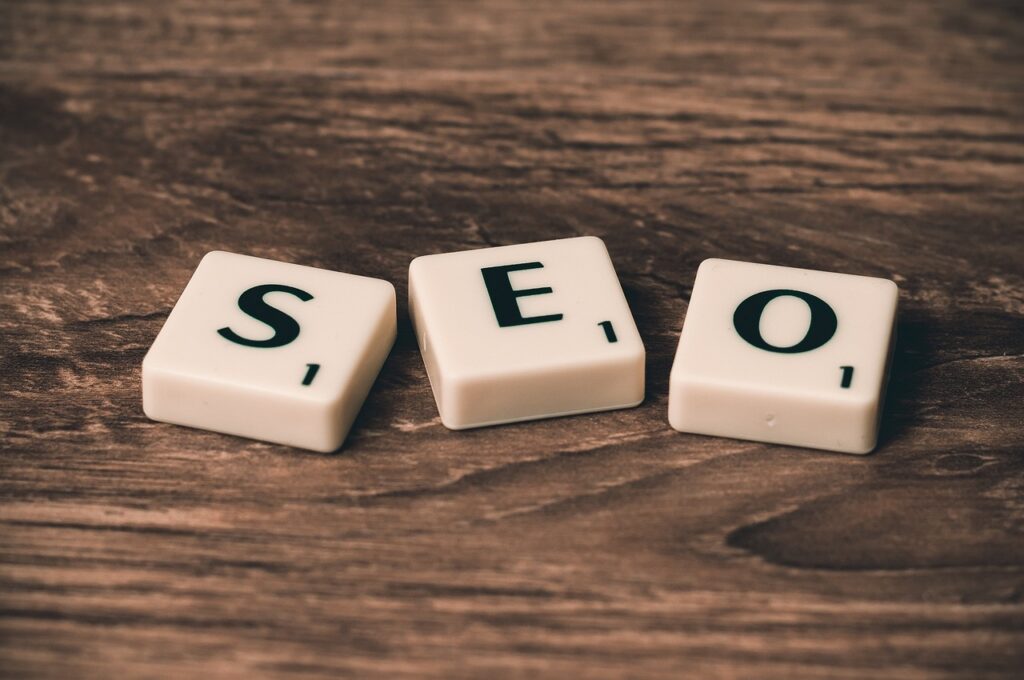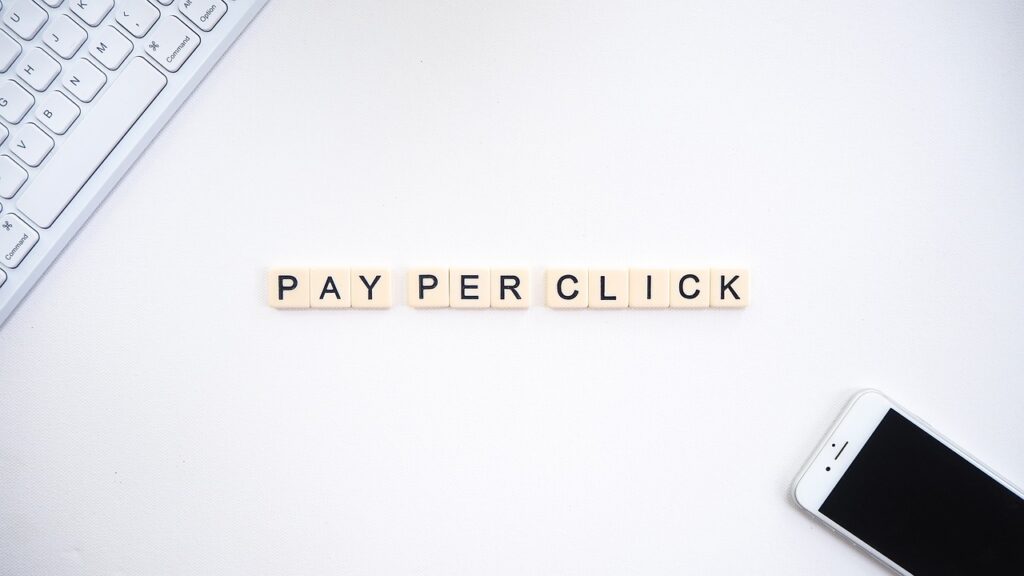
When it comes to driving traffic to your website and boosting online visibility, two of the most popular digital marketing strategies are Search Engine Optimization (SEO) and Pay-Per-Click (PPC) advertising. Both methods have their strengths, but they serve different purposes and require different approaches. Choosing the right strategy for your business depends on factors such as your goals, budget, and timeline.
In this article, we’ll break down the differences between SEO and PPC, explore the pros and cons of each, and help you determine which is the best fit for your business.
What is SEO?
SEO (Search Engine Optimization) is the process of optimizing your website to rank higher in organic (non-paid) search engine results pages (SERPs). SEO involves improving various aspects of your site to make it more appealing to search engines like Google and Bing. This includes:
- Keyword optimization: Using relevant keywords in your content, meta descriptions, and headers to help search engines understand what your pages are about.
- On-page SEO: Enhancing your website’s structure, content, and design to improve user experience and search engine friendliness.
- Off-page SEO: Building backlinks from authoritative websites to boost your site’s credibility and authority.
- Technical SEO: Ensuring that your site is well-coded, loads quickly, and is mobile-friendly.
SEO is a long-term strategy aimed at driving organic traffic to your website. It can take several months to see significant results, but once you start ranking higher, the traffic is free, consistent, and sustainable.
What is PPC?
PPC (Pay-Per-Click) is a form of online advertising where you pay a fee each time someone clicks on your ad. PPC ads can appear on search engines (like Google Ads), social media platforms, and other websites. The most popular PPC platform is Google Ads, where businesses bid on keywords to have their ads displayed at the top of the search results.
In PPC campaigns, you have full control over the keywords you want to target, the audience you want to reach, and how much you’re willing to spend. Unlike SEO, PPC offers instant visibility, making it an attractive option for businesses that need immediate results.

SEO vs. PPC: A Comparative Analysis
Let’s dive deeper into the key differences between SEO and PPC to help you decide which strategy is better for your business.
1. Cost
- SEO: SEO is often viewed as “free” because you’re not paying for clicks or traffic. However, it requires an investment of time, effort, and sometimes money (for tools, software, or hiring an SEO expert). Once your site is optimized and ranking well, the ongoing cost is minimal compared to paid campaigns.
- PPC: PPC, on the other hand, is a paid strategy. You pay each time someone clicks on your ad, and the cost can vary depending on the competitiveness of your industry and keywords. While you can control your budget, PPC can become expensive if you’re targeting highly competitive keywords or running long-term campaigns.
Verdict: If you’re looking for immediate traffic and are willing to spend money upfront, PPC is a good option. SEO, while less costly in the long run, requires time and effort before seeing results.
2. Time to Results
- SEO: SEO is a long-term strategy. It takes time to optimize your site, build authority, and climb the search engine rankings. Depending on your industry and competition, it can take several months before you start seeing significant results.
- PPC: With PPC, you can see results almost instantly. As soon as your ads go live, you can start driving traffic to your website. This makes PPC a great option for businesses that need immediate visibility or want to promote time-sensitive offers.
Verdict: If you need quick results, PPC is the way to go. SEO is ideal for businesses with a long-term growth strategy and patience to wait for organic traffic to build up.
3. Sustainability and Long-Term Value
- SEO: One of the biggest advantages of SEO is that once you rank well in organic search results, you can maintain that position with consistent effort. The traffic you generate from SEO is free, and the results are long-lasting. SEO builds a solid foundation for your online presence.
- PPC: PPC only works as long as you keep paying for ads. The moment you stop your campaign, the traffic stops as well. While it’s effective for short-term visibility, PPC doesn’t offer the long-term sustainability that SEO does.
Verdict: SEO is more sustainable in the long run, providing ongoing traffic once you achieve good rankings. PPC is ideal for short-term campaigns or when you need a quick boost in traffic.
4. Click-Through Rate (CTR) and Trust
- SEO: Organic search results generally have higher click-through rates than paid ads because users tend to trust them more. Ranking at the top of Google’s organic search results gives your business credibility and authority.
- PPC: While PPC ads appear at the top of the search results, some users may skip them in favor of organic listings. However, PPC ads with well-crafted ad copy and targeting can still achieve a good CTR, especially for branded searches or highly relevant queries.
Verdict: SEO tends to drive more clicks over time due to the trust factor associated with organic results. PPC can be effective, but some users may be hesitant to click on ads.
5. Control and Flexibility
- SEO: SEO gives you less immediate control over your rankings. You can’t guarantee a specific spot on the first page of Google, and algorithm changes can affect your rankings over time. However, you do have control over how you optimize your site and content.
- PPC: With PPC, you have full control over when, where, and how your ads are shown. You can target specific keywords, demographics, locations, and devices. This flexibility allows you to tailor your campaigns for maximum effectiveness and adjust them in real-time based on performance.
Verdict: If you need precise control over your marketing efforts and the ability to adjust quickly, PPC offers more flexibility than SEO.
Which Strategy is Best for Your Business?
Choosing between SEO and PPC depends on your business goals, timeline, and budget. Here’s a breakdown of when to choose each strategy:
- Choose SEO if:
- You want to build long-term organic traffic.
- You have a limited budget but are willing to invest time in content creation and optimization.
- Your goal is to establish credibility and trust with your audience.
- You don’t need immediate results and are looking to grow steadily over time.
- Choose PPC if:
- You need immediate visibility and traffic.
- You have a budget to spend on ads and are targeting competitive keywords.
- You’re running time-sensitive promotions or campaigns.
- You want complete control over your marketing efforts with instant feedback.
Conclusion
Both SEO and PPC have their unique advantages and challenges. In an ideal world, a combination of both strategies works best—SEO for long-term growth and PPC for immediate visibility. By leveraging the strengths of both, you can maximize your online presence, reach your target audience, and ultimately grow your business.
